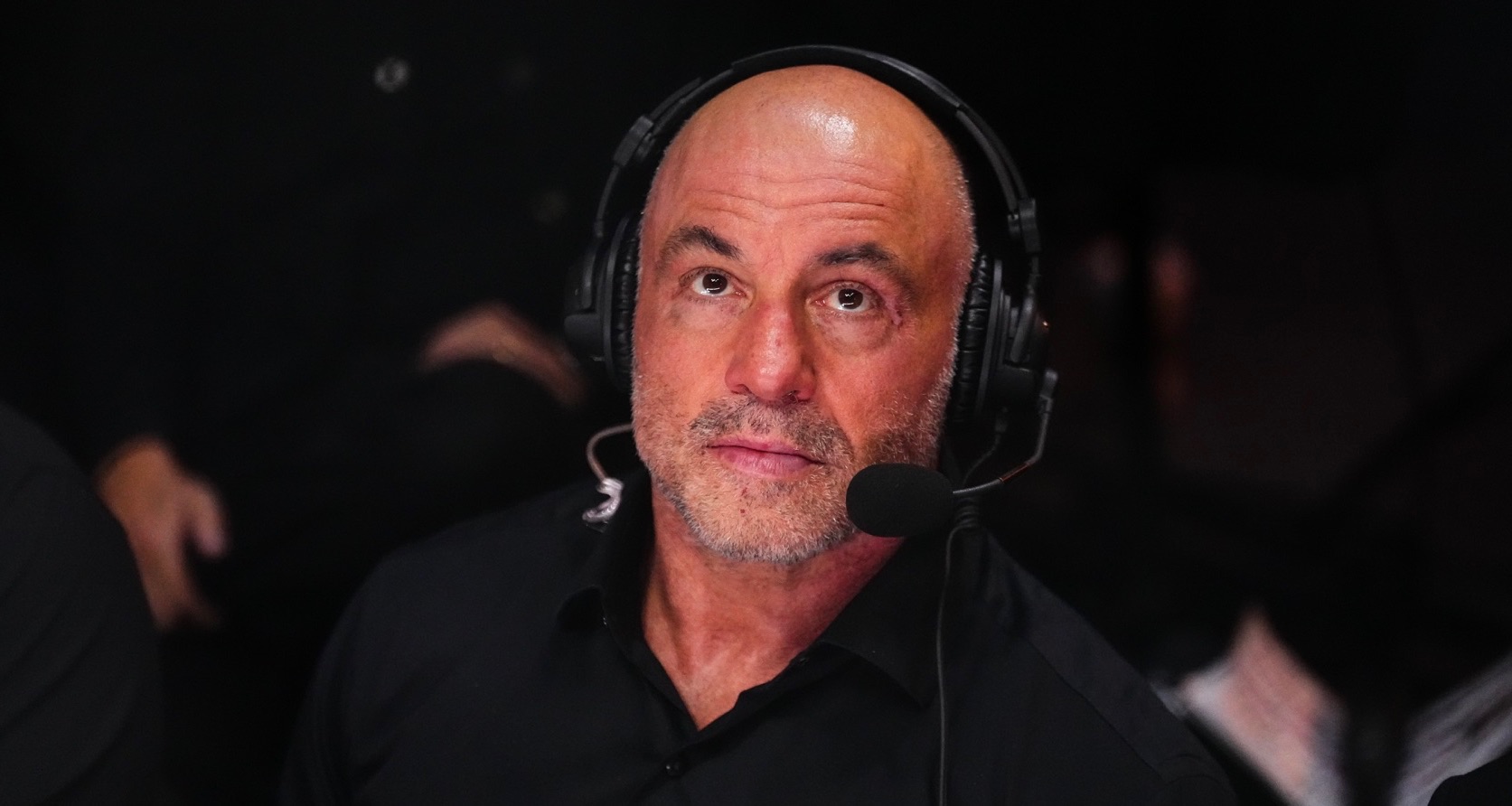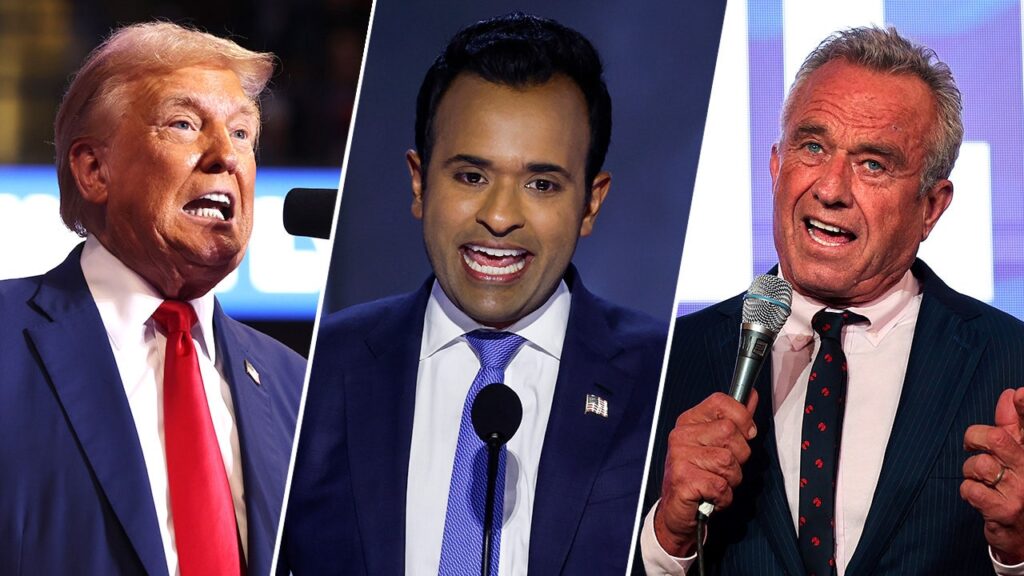One of the most persistent narratives to come out of the 2024 election cycle is the effect of the vast right-wing digital media ecosystem on the national electorate, with figures like Theo Von and Joe Rogan assuming an outsized influence in this conservative space. As Democrats plot a return from the electoral wilderness, a growing chorus of party figures has begun to push for a liberal-leaning alternative to the right’s digital dominance. But while many Democrats agree that they’ve been thus far outmaneuvered online, not everyone is on board with what they should do about it.
Serious plan, or ‘shiny new object’?
Many Democrats “take it as gospel ” that Trump’s 2024 victory came not only from friendly outlets like Fox News and OAN but through an “ecosystem of supporters on YouTube, TikTok and podcasts,” said The New York Times. That belief has led to party mega-donors being “inundated with overtures” to open their wallets for the development of an “army of left-leaning online influencers.” At the same time, liberal critics argue the pitches to the party’s financiers are simply efforts to “meet donors’ demand for a shiny new object” rather than something that will actively help electorally.
The notion that victory is possible if they “spend enough billionaire money” to create a Rogan equivalent “speaking in Democratic talking points” is “laughable,” said Emily Jashinsky at UnHerd. Trump and his ilk succeeded in winning over figures like Rogan by being “critics of their own party.” Do Democratic operatives and donors who are mulling their media weaknesses want to “spend money paying influencers to talk trash about the party?” Rogan, in particular, was “not created by conservative philanthropists,” said Vox’s Eric Levitz on Bluesky. Moreover, the type of content that has been shown to give Democrats real traction online and electorally “seems pretty different.”
Subscribe to The Week
Escape your echo chamber. Get the facts behind the news, plus analysis from multiple perspectives.
SUBSCRIBE & SAVE
Sign up for The Week’s Free Newsletters
From our morning news briefing to a weekly Good News Newsletter, get the best of The Week delivered directly to your inbox.
From our morning news briefing to a weekly Good News Newsletter, get the best of The Week delivered directly to your inbox.
While journalism is the “practice of telling the public about stuff that is happening,” said columnist Hamilton Nolan on Substack, what “most wealthy political donors want” is something else: propaganda that “seeks to produce a specific outcome.” Accordingly, Democrats find themselves in a complicated position, said the Columbia Journalism Review. Existing progressive outlets that do “engage in rampant spin” are “typically tethered to the realm of basic fact” — something that “no longer constrains many right-wing commentators.”
‘Virtually impossible’ struggle against elitism
For some Democrats, the challenge is ultimately a question of scope. “There needs to be a recognition that we need to go beyond the political sphere,” said political consultant Jared Leopold at Campaigns & Elections. Enter Hasan Piker, the progressive streamer frequently compared to Rogan for his focus on not only political content, but fitness and gaming as well. But Piker doesn’t see himself as a liberal Rogan, focusing instead on “directly countering Rogan, as he spreads misinformation,” he said to The Independent. But Piker reserves most of his ire for the Democratic party, which is “trying to repackage” its “smug” and “elitist” identity to appeal to voters. But “because they’re so elitist, I think it’s virtually impossible,” Piker said.
As liberals and progressives debate the merits of their digital tactics, the volume of pitches to left-leaning donors grows. One political operative “described compiling a spreadsheet of 26 active projects related to creators,” said the Times, even as few have “ties to major donors” who could “give them liftoff.” For now, there are simply “more ideas than hard, committed money.”



